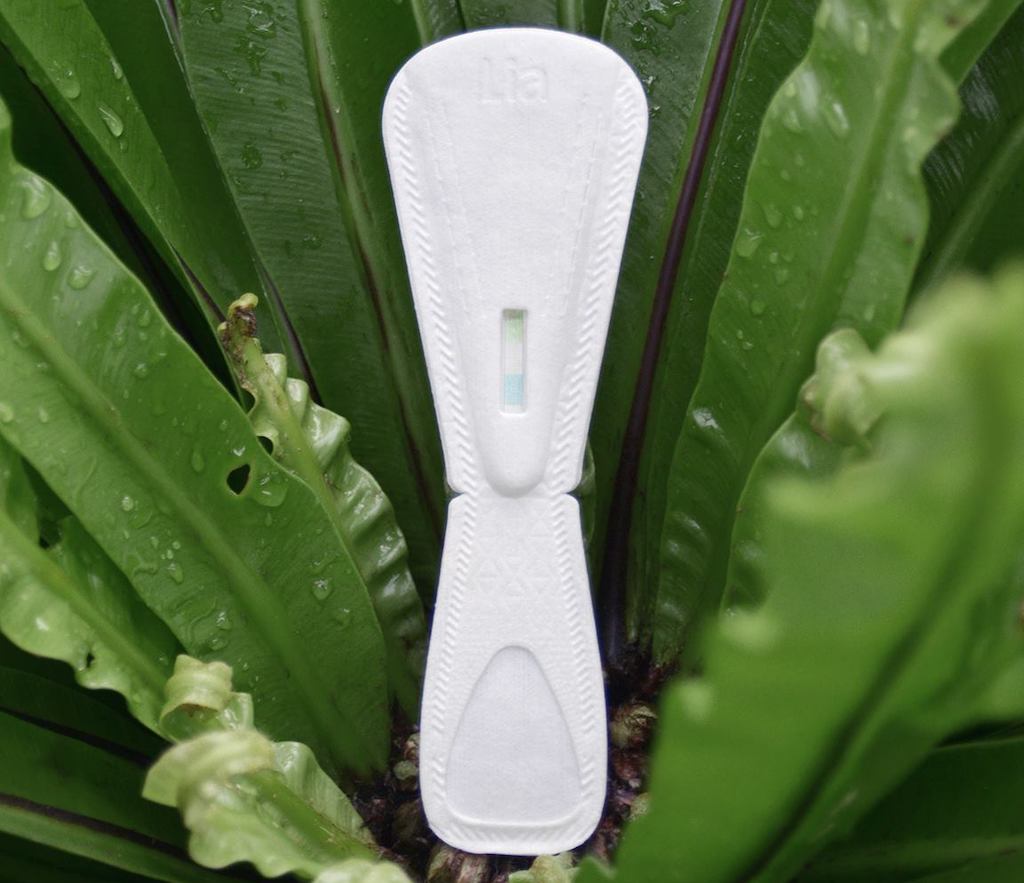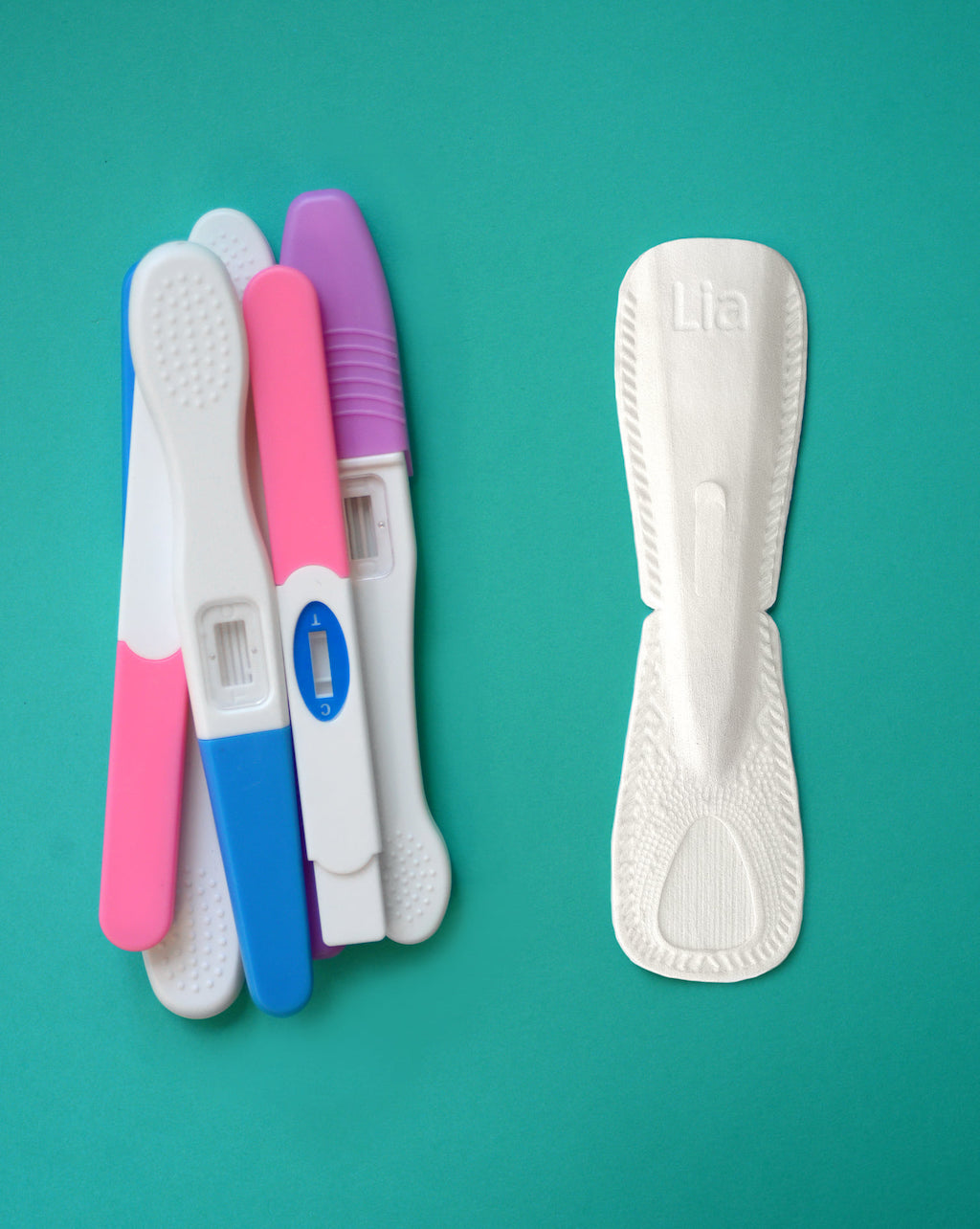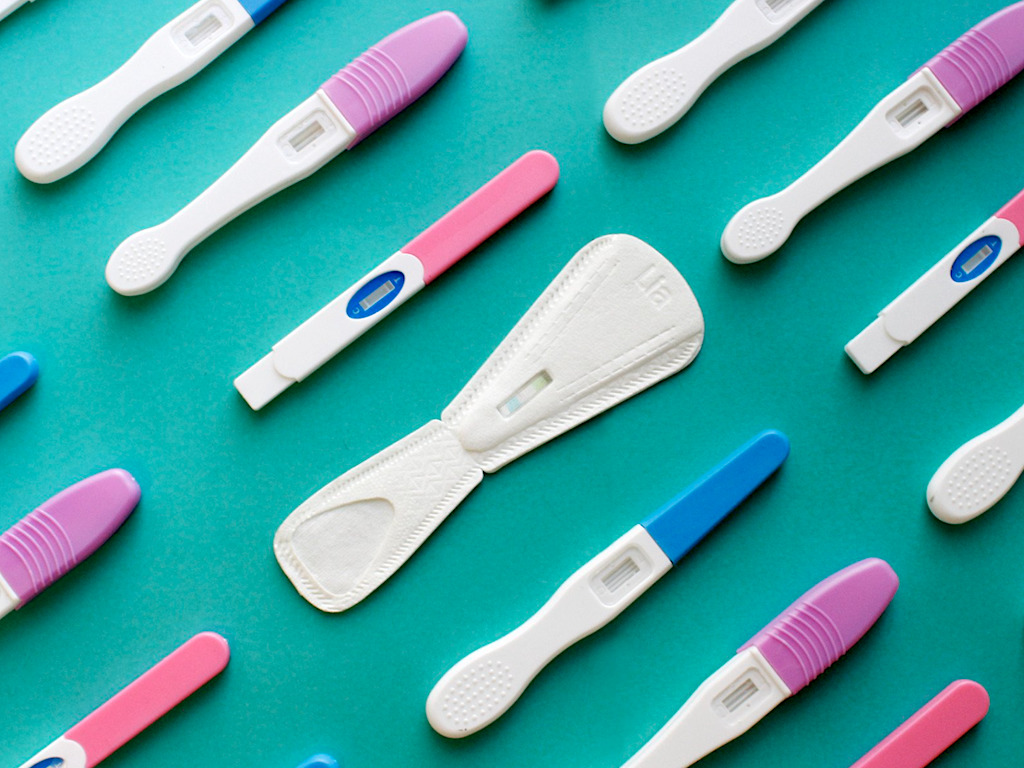3 Mins Read
Lia, the women-founded startup developing eco-friendly reproductive health and wellness products, has just launched the world’s first biodegradable and flushable pregnancy test. After years of research and development, the much-anticipated 100% plastic-free product that takes aim at the 20 million pregnancy tests thrown away annually in the U.S. alone, is now available to consumers.
Lia has announced the launch of the world’s first flushable and biodegradable pregnancy test after six years of development. Earlier this March, the company began offering the sustainable pregnancy tests on its direct-to-consumer website, available for US$13.99 for each two-pack.
It marks the first major disruption to the pregnancy test market in over three decades, according to the firm, whose technological upgrade featuring a proprietary coating technology that combines non-woven and paper techniques is “engineered to be discreet and good for the environment, without sacrificing accuracy”.

Described as the “future of pregnancy testing”, the FDA-approved Lia at-home pregnancy test is made from plant fibres – the same natural fibres in toilet paper – and weighs less than six squares of the standard three-ply while still providing 99% accuracy and degrades after just ten weeks.
We have modernised the pregnancy test, ditching wasteful plastic and unnecessary electronics for a streamlined alternative that is both good for the environment and more discreet for its users.
Bethany Edwards, Co-Founder & CEO, Lia
As well as being flushable, Lia’s water-dispersible version is also home compostable, though the packaging, instructions, test wrapper must be recycled – not flushed or composted.
Conventional pregnancy tests, on the other hand, are typically made from plastic and are not biodegradable. While not often thought of when it comes to the waste crisis, these tests, often digital, are contributing enormous sums of e-waste to landfills too. The U.S. market alone goes through around 20 million pregnancy tests every single year – and when we look at the global picture, it is estimated that US$1.68 billion worth of these tests are sold annually.

Lia is the only discreet pregnancy test made with zero glass fibres, batteries, plastic or nitrocellulose – elements found in nearly all single-use diagnostics available on the market today.
Anna Couturier Simpson, Co-Founder & Chief Product Officer, Lia
“They are bulky, expensive, and add two million pounds of plastic and digital waste to U.S. landfills every year,” said co-founder and CEO Bethany Edwards, who added that the traditional test offers little in the way of discretion. “It is the same, stiff, plastic relic highlighted in movies for its lack of privacy – someone sees the positive result in the trash, and breaks the news before you can.”
“At Lia, we have modernised the pregnancy test, ditching wasteful plastic and unnecessary electronics for a streamlined alternative that is both good for the environment and more discreet for its users,” Edwards continued.
Anna Couturier Simpson, co-founder and chief product officer, added: “Lia is the only discreet pregnancy test made with zero glass fibres, batteries, plastic or nitrocellulose – elements found in nearly all single-use diagnostics available on the market today. Lia provides the only sustainable solution to-date.”
Lead image courtesy of Lia.




